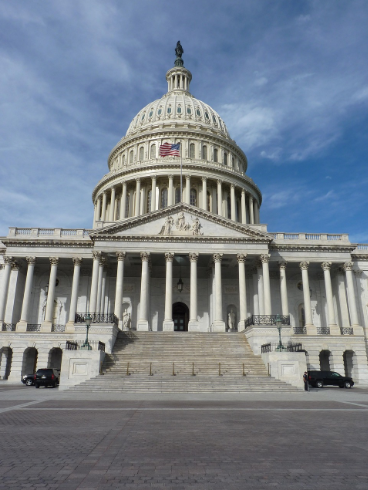Arrowhead Students Debate Changing the Drinking Age

What is your opinion?
On November 8, 2017, the former president of the Tavern League and two other Republican lawmakers, circulated a bill to be passed in Wisconsin allowing the drinking age to become acceptable at 19. The proposal that brought attention on Wednesday may only be changed if Wisconsin doesn’t lose its federal highway funds.
In Wisconsin, teenagers can join the military at the age of 18, may have consensual sex at 18, drive a car at 16, and hunt at 12. But they can not drink alcoholic beverages until they are 21 years old. Advocates of lowering the legal age often argue that having it at 21 has not stopped teen drinking before, and will not continue to.
Mia Lanzarotti, a senior at Arrowhead High School says, “ Many high school students are bound to experiment with drinking, especially with college just around the corner. I personally believe that it’s okay for teenagers to try new things. We are young and learning each and everyday. As long as that individual is in a mature mindset, and can be responsible to protect themselves and others. It’s absurd to have young adults be able to join the military but are unable to have a drink. If we can trust them with weapons, we can trust them with something to drink. ”
On the other side, opponents contend that lowering the drinking age would be a danger to personal health, as young adults are still developing mentally and emotionally, as well as a threat to public communities and drivers on the road.
As children move from adolescence to young adulthood, they encounter dramatic physical, emotional, and lifestyle changes. Throughout this time period, scientists are lead to believe that these drastic changes influence and may help explain some of the behavior which is characteristic of adolescence—such as their propensity to seek out new and potentially dangerous situations. For some teens, that may include experimenting with alcohol. Developmental changes also explain why teens act so impulsively, often not recognizing that their actions such as drinking have consequences.
Morgan Kremer, a senior at Arrowhead High School says, “Alcohol is a substance that alters the mind, when drinking and after drinking. High schoolers and early colleges students minds are still developing, and drinking prevents the mind from gaining knowledge and needed development. The Wisconsin Government should take in consideration that young people are still growing.”









